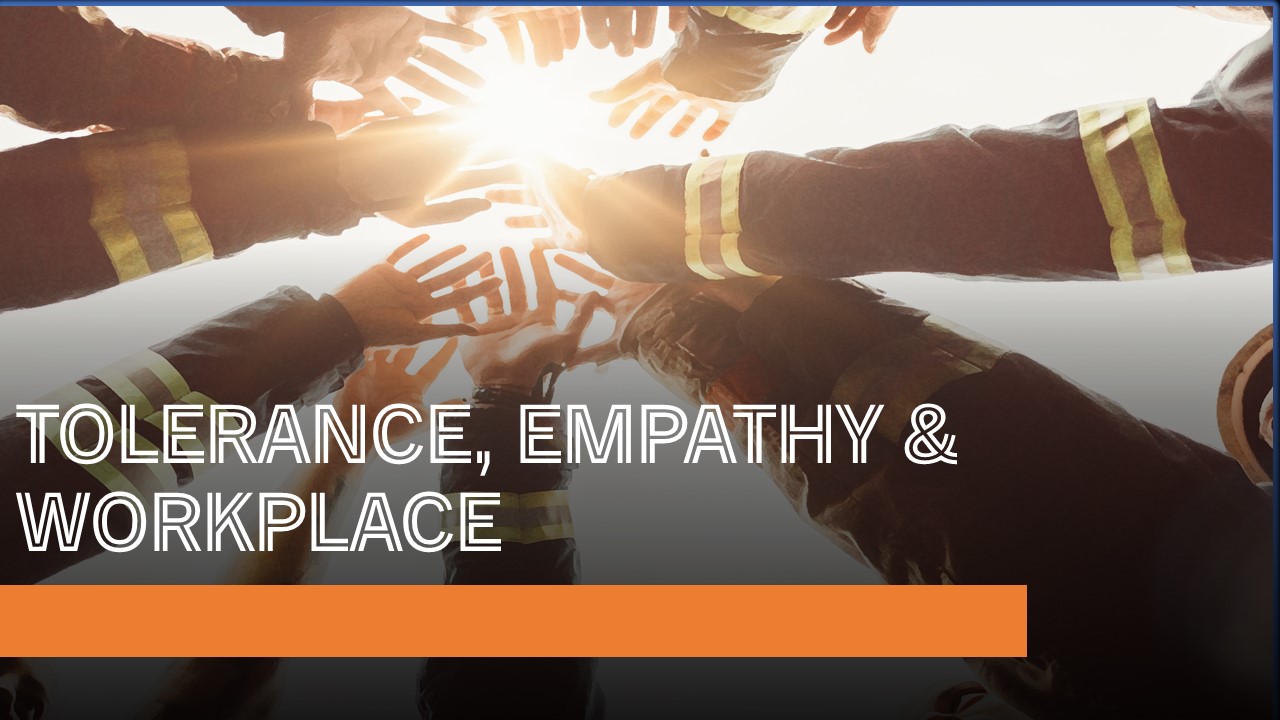Why Do We Need these Attributes:
The global world of today’s era requires new and world class HSEC leaders with a unique combination of attributes & personal characteristics.
There are several forces (e.g. globalization, technology, increased customer power & demand, changing roles & expectation of workers, the emergence of knowledge and learning as organisation’s valuable asset) are transforming the workplace.
To cope with these transforming forces, Global HSEC Leaders also need to develop certain attributes which are:
A Global Mindset (Aware of the various culture, open to it and flexible):
A leader’s ability to see the world and workplace with a global mind set is an essential attribute to manage multi-cultural workplace. This attribute helps a global leader to influence others who come from different cultural, political, social or institutional backgrounds.
A global HSEC leader may face the challenge to various cross-cultural aspects of different societies such as language barriers, religion, attitudes, social organization, social value systems, and education.
Such differences may create more barriers if ignored. Without a thorough understanding of cultural differences, a leader who is quite effective in their own culture may be doomed in a different culture. Have you seen or experienced such challenges?
The author has faced this challenge during his international assignment on a mega construction project and that’s one of the reasons to keep this attribute at top of the list.
Therefore, a leader should adopt their leadership style and approaches to local culture of the country or workplace in order to be effective and deal with different attitudes, values, and expectations.
Self-awareness and Self-regulation:
Self-awareness means that a person has a deep understanding of his/her emotions, strengths, weaknesses, needs, sources of frustration and reactions to problems.
This type of leader learns from their personal experience and is always eager to pursue self-development. They always welcome feedback & criticism and modify their behaviour accordingly.
They know their personal values, needs, interests, style, competencies and their effect on others.
Self-regulated people can control their feelings and impulses. They are able to create an environment of trust and fairness.
Those leaders who are not aware or confused about themselves may drift, remain directionless and become ineffective individuals / leader.
Inquisitiveness:
This quality encourages to seek knowledge and expertise beyond boundaries and draw information from many sources.
Inquisitiveness is the fuel that keeps global leaders marching ahead, spanning boundaries, and managing differences.
This attribute helps a leader to avoid feeling exhausted by differences forces (e.g. languages, laws, and politics, time zones etc.) and always search for an opportunity to learn in these forces/situations.
Such a global HSEC leader does not see their past experience as a definitive teacher for future success and continuously explore new technology available in the market, new legislations, thoughts, and lesson learns to keep them informed.
This will help to raise the workplace standard & their team competency as it is difficult for leaders to convince their team that they are on top of issues without factual knowledge of regulations, standards, codes, specifications etc.
Empathy:
Being empathetic means participative and sensitive to other’s needs and assumptions. In today’s world, employees need to be accepted and recognised for their special and unique personalities rather than changing it to fit into the organisation’s need.
This attribute encourages leaders to see the good intention of their team members or crews and do not reject them as a person, even when forced to reject their behaviour or performance.
A global HSEC leader takes personal interest in people. They care people and understands their problems. These types of leaders create an environment where people feel safe to express their true opinions.
Empathy is particularly important in today’s world as a component of leadership due to the increasing use of teams, the rapid pace of globalization, and the growing need to retain talent.
Good Communication Skill:
It is widely viewed that ‘The effective leader is a great communicator’ thus extremely important for the leader to express their ideas and thoughts clearly to others.
Effective communication is a two-way process. It involves sending a clear message and obtaining feedback, that their message was received as well as understood.
The global HSEC leader encourages people to give honest and complete information about HSEC matters even if the information is unfavourable.
Those leaders who possess this attribute earn the trust of their team members and workforce.
They keep their team members informed about the big picture on the concern topics and they communicate frequently and effectively up, down, and across the organisation.
Be a Role Model:
This attribute in leaders allow them to set a good example for their team members and always lead by example. They promote safe work behaviour and behave in a safe way with the attitude that ‘they do it because they want to, not because they have to’.
If a leader does not follow the safety rules and preaches to others, then how he/she can lead the team and expect safe behaviour? People always follow what they saw from a leader’s actions and not always what the leader says.
This attribute helps a leader to have a firm commitment of doing the right thing at the right time for the right reason. These leaders are always ready to lead their team and inspire team members with their safe-behaviour and attitude.
Accountable:
Those leaders who have this attributes accept complete responsibility for their behaviour. During work, mistakes do happen, but this attribute helps leader to accept the mistake and take it as an opportunity to improve.
Such leaders also provide fair appraisal to their team members for their efforts and results.
This attribute helps a leader to be recognised as a trusted person in their team and get respect.
Such leaders clearly communicate individuals’ roles in the safety effort and foster the sense that every person is responsible for the level of safety in their organisational unit.
References:
Dannhauser, Z., Patterson, K., & Stone, G. (2007). From Noble to Global: The Attributes of Global Leadership. Virginia Beach, VA: School of Global Leadership and Entrepreneurship Regent University.
Goleman, D. (1998). What Makes a Leader?. Harvard Business Review, 76(6), 93-102.
Jokinen, T. (2005). Global leadership competencies: a review and discussion. Journal of European Industrial Training, 29(3).
Marquardt, M. J. (2012). Global leaders for the twenty-first century. SUNY Press.
Saee, J. (2005). Effecitve leadership for the global economy in the 21ST century. Journal of business economics and management, 6(1), 3-11.






